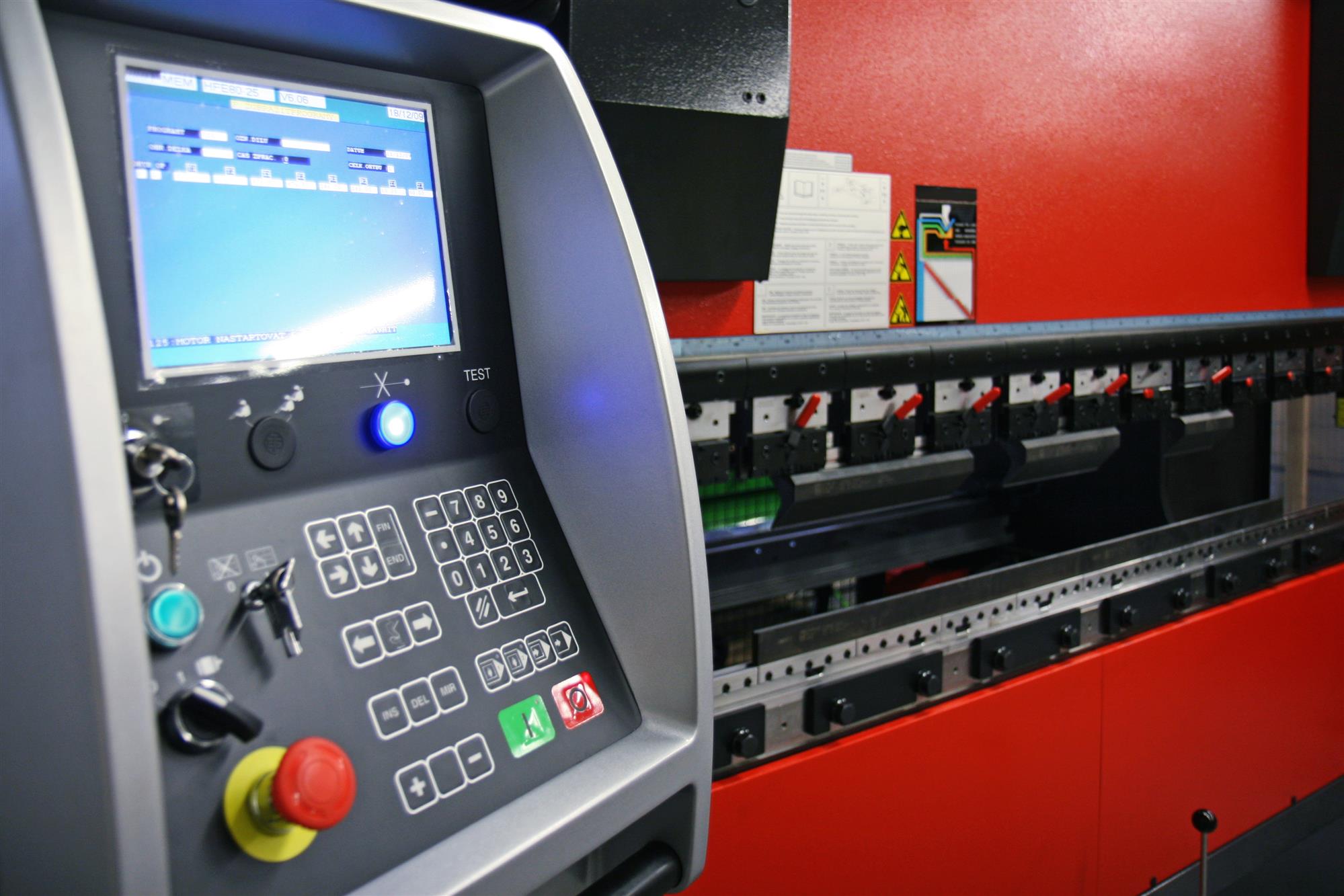Should You Buy a Hydraulic, Hybrid, or All-Electric Press Brake?
Press brake machines have made remarkable advances due to changes in technologies over the past decade. If your current machine is more than a decade old—which is understandable, given the sturdiness of most models—and you are in the market for a new machine, you need to determine which type of modern machine will work best for your machine shop or metal fabrication business.
Heavy-Duty Hydraulic Press Brakes
The hydraulic machines you might be the most familiar with offer a variety of new features and energy-saving options. Modern machines are built using energy-saving timers and more advanced pump mechanisms. Modern hydraulic models are well-suited for shops that work with a wide range of metric tons for producing both small and large parts.
In addition, they are better for businesses that tend to work mostly with manufacturing bigger parts requiring over 250 metric tons of power. The only drawback is in cases where the machine does not have energy-saving features because that means the machine is always on, even when it is not being used.
All-Electric Press Brakes
With all-electric models, the key difference is they do not use hydraulics to bend the metal but, rather, rely upon electric motors that drive the bending mechanisms. The motors only turn on during bending processes and automatically shut off whenever the machine is not being used. Some of the advantages of all-electric machines include:
• Improved Accuracy
• Faster Output Speeds
• Electricity Savings
However, one of the drawbacks of electric-only machines is they require about twice the amount of electricity to create the same amount of metric tons as a hydraulic machine. Another disadvantage is they can only handle smaller parts and can only generate up to 80 metric tons of bending power.
Hybrid Press Brakes
Hybrids can offer the best of both hydraulic and all-electric models. Hybrids do not have gear pumps, like hydraulic models, but do use hydraulics to assist with bending processes. Rather, a servo-drive system is used to direct the flow of hydraulic fluid into the machine’s cylinders.
Just like all-electric machines, they shut off whenever they are not performing bending functions, to help save electricity and energy. Hybrids are perfectly suited for shops that create parts requiring up to 250 metric tons bending power.
Which Press Brake Machine Is Best?
It really comes down to what types of parts you are creating and the number of metric tons you need to generate to manufacture those parts. If you specialize in small parts, then an all-electric model could be perfect for your business needs. On the other hand, if you work with a more diverse range of parts that require greater metric tons to create, then either a hydraulic or hybrid would be the better choice.
For assistance in determining which type of press brake machine is the best choice for your shop, call the experts at Quantum Machinery Group by phoning (909) 476-8007 today!


